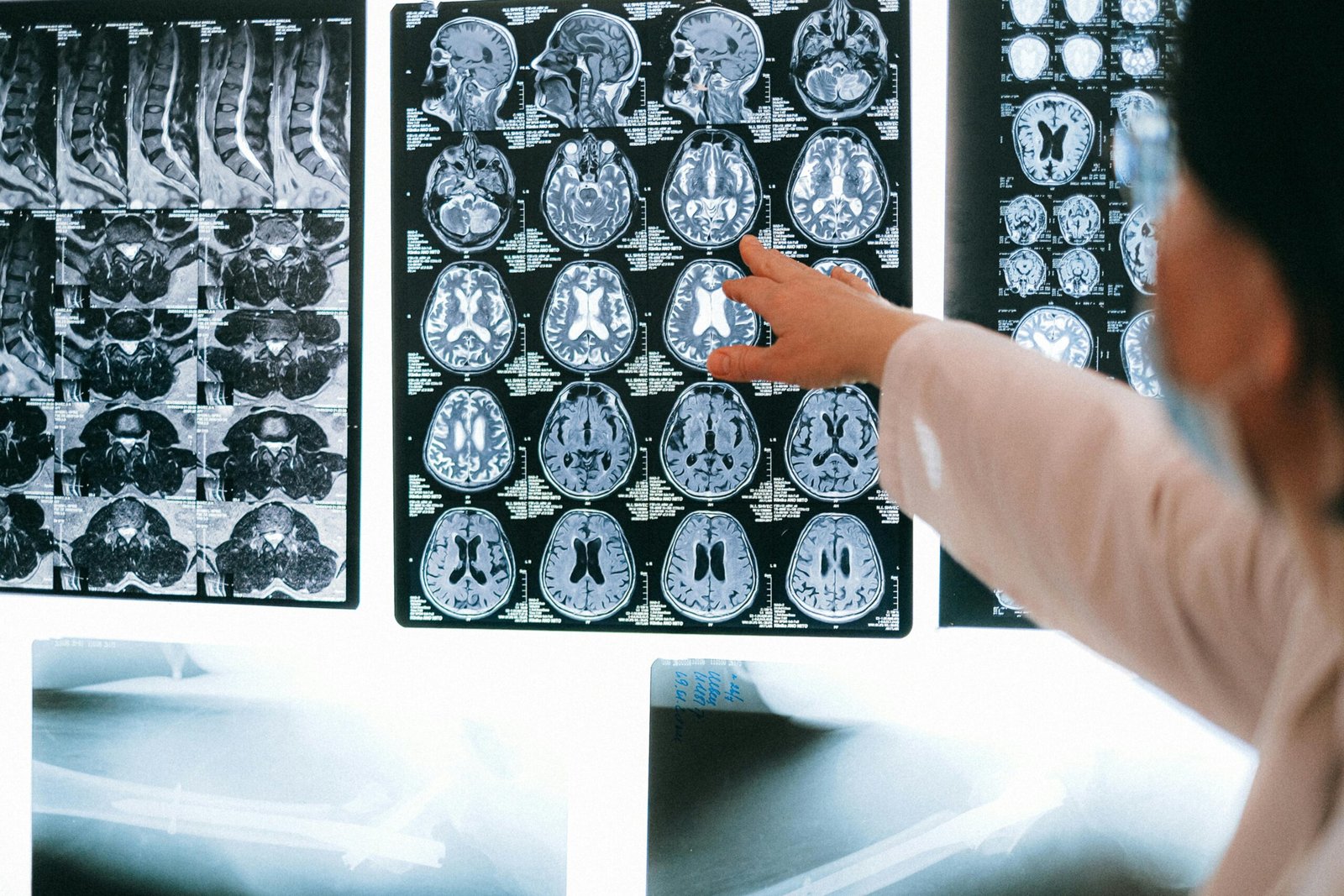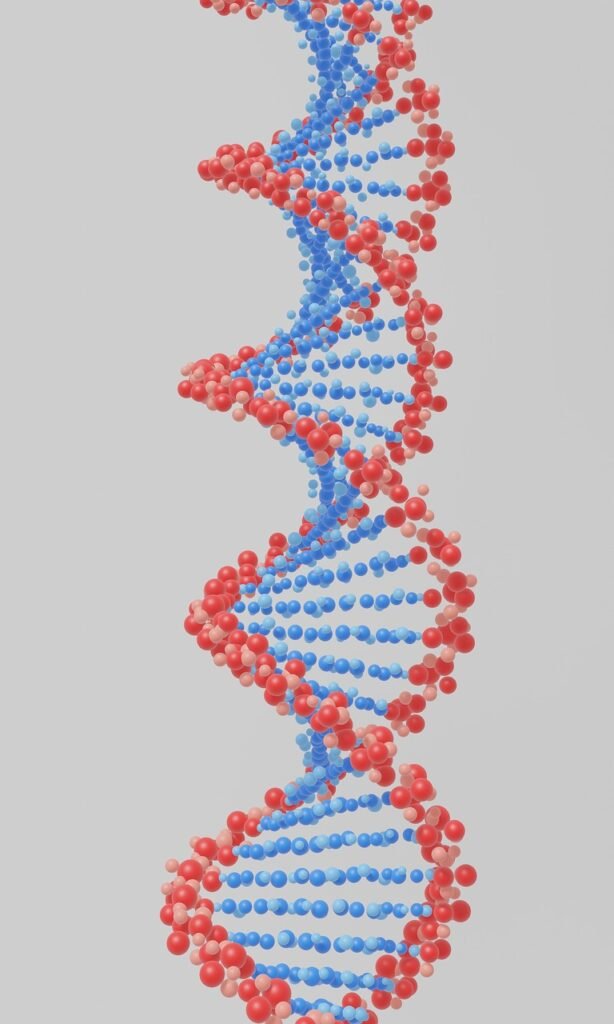Join MYPHYSIOVIBES Newsletter
Neurological conditions affect the brain, spinal cord, and nerves, leading to impairments in movement, coordination, sensation, and cognitive function. Physiotherapy plays a crucial role in managing these conditions by improving mobility, strength, balance, and overall quality of life.


Some neurological conditions, like Multiple Sclerosis (MS) and Parkinson’s Disease, may be caused by genetic factors or autoimmune responses where the body mistakenly attacks nerve cells.

Conditions like Stroke occur when blood flow to the brain is blocked (ischemic stroke) or when a blood vessel bursts (hemorrhagic stroke), leading to nerve damage and loss of function.

Accidents, falls, or spinal cord injuries can damage the brain, spine, or nerves, leading to neurological disorders such as paralysis, traumatic brain injury (TBI), or peripheral nerve damage.
To get a deep analysis of pain at its root, try our top physio services
Join MYPHYSIOVIBES Newsletter